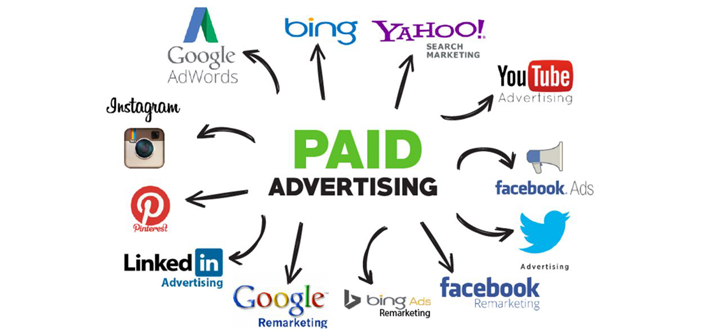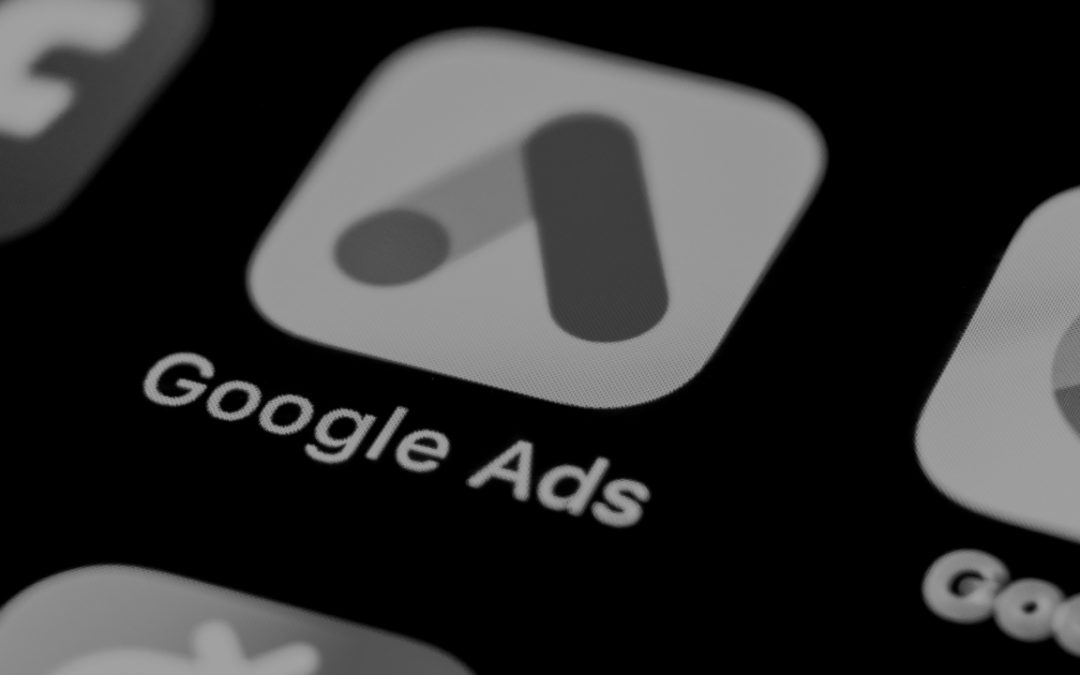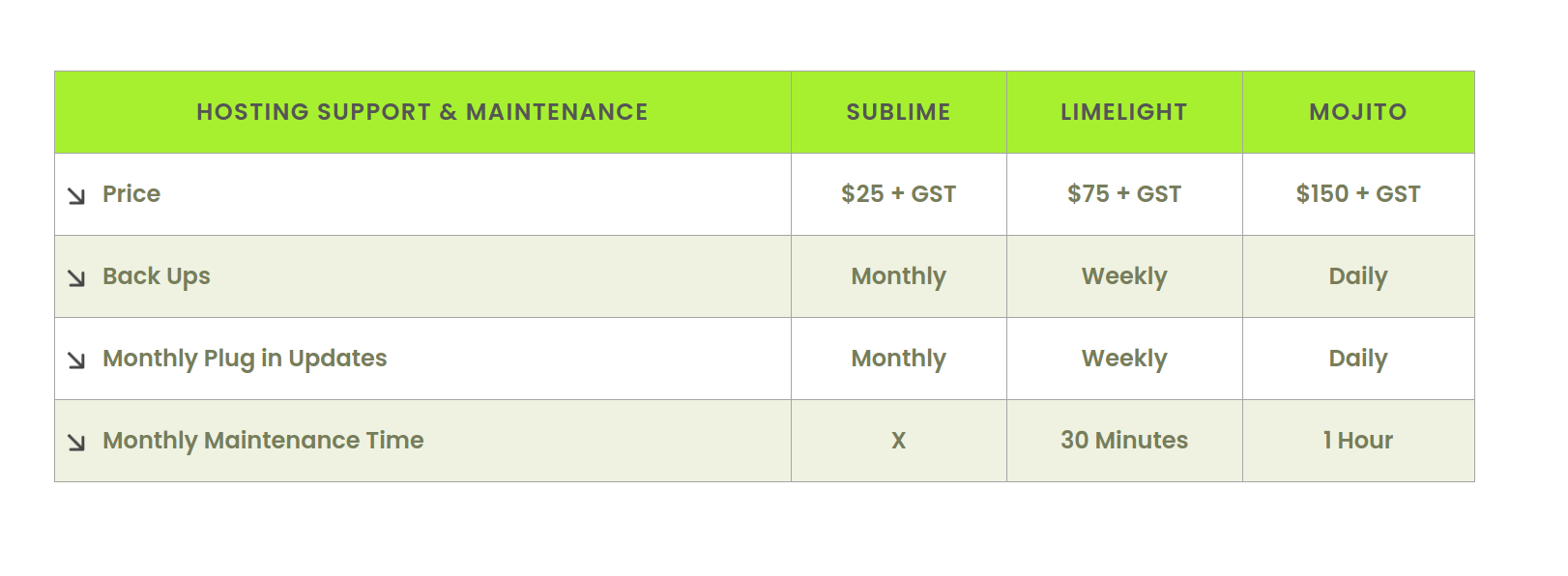Let’s begin with what PPC is. PPC stands for pay per click and it’s one of the leading forms of internet advertising and marketing currently available. It’s predicted in 2022 that $160 billion dollars will be invested by companies in PPC advertising.
The role of a PPC agency is to help strategise your advertising goals based on data, research, and experience. They will create compelling advertisements, optimise them for the best results and work towards a return on investment. A professional PPC agency will operate with complete transparency, keeping you in the loop and informed along the way. Their aim is to put your ads in front of the right people, in the right place, at the right time, for the right price. Many skills and factors come into play while creating and maintaining these ads. The work is very time-consuming and if done incorrectly can waste a lot of time and money.
PPC agencies come in all shapes and sizes, so doing your homework on what your goals are and what you require will help you find an agency that aligns with your desired outcomes. Some agencies are all-encompassing while others can be industry or platform-specific. For example, they may be a Google Ads agency and only work with Google Search and Display networks. While others offer expertise and services in the many PPC advertising platforms.

Here’s an example of some of the most popular PPC platforms available.
(Image Credit: Ball Media Innovations)
A key point of difference with a PPC Agency is the management involved. Throughout the whole journey, you will have a point of contact, usually, the PPC manager. They are responsible for overseeing all the work that goes into strategising, implementing, and optimising your PPC campaigns. All the while keeping you informed, reporting to you, and answering any questions.
Below we take you through our step-by-step process from our initial meeting with the client through to seeing and maintaining results. The goal of this is to help inform you on what to look for, expect and ask of potential PPC agencies you’re thinking of working with.
- Initial Enquiry
- Brief From the Client
- Research
- Create Strategy
- Present Research and Strategy to Client
- Create Campaigns and Final Checks
- Approval from the Client and Go Live on Campaigns
- Data Collection
- Report to the Client, Optimisation, and Return on Investment
The initial enquiry is a free-of-charge consultation call to answer any questions the caller has and information related to our services. From there, if they choose to proceed, we’d set up a time for a meeting to take a brief from the client. If time permits, we can go from the initial call straight into the brief.
Firstly, we want to understand the business. Some of the questions we usually ask are, who’s the audience, what advertising has worked for them in the past, what hasn’t and why, what the budget is, and where they are currently advertising. Secondly, we would then go through what their advertising objectives are and how we could approach achieving these. Thirdly, we would request access to their advertising platforms and analytics so that we can review the data of how previous campaigns have run.
In the research stage, we’d start by checking for the correct setup of ads, tracking, bidding strategy, conversion tracking, analytics, and campaign structure. Check that all the links are going through to the right pages and looking over your website for any glaring issues. Next, we’d be doing a competitor analysis and see what they are doing or not doing well. Lastly, from this, we can focus our keyword research on what keywords we want to target and meet the PPC objectives.
With the information and data collected from the research stage, we would consolidate that to come up with a campaign strategy tailored to the PPC objectives and budget. Each strategy is totally dependent on the client, their industry, the behaviors of their audience, and their budget. As a rule of thumb, we’d present a desktop and a mobile strategy as well as a strategy for the appropriate social media advertising channels.
Next, we will organize a time to meet or call with the client to go over the strategy we propose. On this call, we would summarize our findings in the research stage and go into what we believe would be the best strategy to achieve the PPC goals based on the research. We then discuss with the client, any questions they have, things they want to change, add or remove until we’ve come to a mutual agreement on what the strategy is going to be.
Once approval has been given on the strategy, we begin crafting the ads. Based on the keywords we’ll write copy for the titles and descriptions, with the aim to build a strong quality score and ad rank over time, set up the various tracking tools, set bidding strategies and allocate budget, check all links, and ensure correct business details. If a creative design needs to be done, for example with display ads, it will be delegated to our graphic designer and we’ll be in communication for access to any images we may need from the client. After this is completed we’ll go through a checklist going back over everything we have done to make sure all the data, information, links, tracking, setups, bidding strategies, budget, and so on, are accurate and functional.
The client will then be informed that the ads are ready for review and approval to go live. Providing all is as they expected and hoped for, we put the ads live. Otherwise, we can address the client’s questions or concerns and amend accordingly.
We advise our clients to allow the ads to have a learning period, the length of this varies from campaign to campaign. We need time for the advertising platforms to register the ads and start accumulating data. The higher the budget the faster data starts accumulating. As a rule of thumb, a month is a realistic amount of time to have a grasp of how the ads are performing, what’s going well, and what may not be performing as expected. Over the learning period, the ads will be monitored by your PPC manager, if necessary minor adjustments will be made and if any issues arise they will tackle as appropriate.
We, unless stated otherwise by the client, report monthly on the performance of the PPC ads. Clients are the account holders of all their PPC accounts, so they have full access to their data. We also supply the clients with a live link to the Google Data Studio, which they have access to at any time to see how their ads are performing over a given time period. The data here is laid out in a digestible visual format. To go through all this information, appointments will be set up to go over how the campaigns have gone, return on investment, proposed optimisations, and addressing any questions or comments from the client. Following this meeting, approved optimisations will be put in place and any work that came up in the meeting will be addressed accordingly. The ease of calculating for Return on Investment depends on the client and their sector. We are looking at the profit you’ve made from the ads minus the investment cost. With E-commerce, it’s easier to see how many of your clicks turned into sales. With service-based businesses, unless we set up additional software, we may have to work on a KPI (key performance indicator) basis, so we are aiming for a specified amount of leads because on average a percentage of these convert to sales. From there the process of creating ads, monitoring, maintaining, optimising, and reporting is ongoing.
In conclusion, a PPC agency is there to save time and money, produce greater results, be managed by a team with a high level of experience and precision, all the while being totally transparent and available to answer any questions. Deciding on an agency might be daunting but educating yourself on what to expect from an agency and what it is they do, will give you the tools to make the right decision.
If you want to learn more, you can get in contact with us here. Likewise, if you are interested in our services, get in touch, we offer a free initial consultation to go over any questions you have, your business, what it is you require, and come up with a plan of action.



